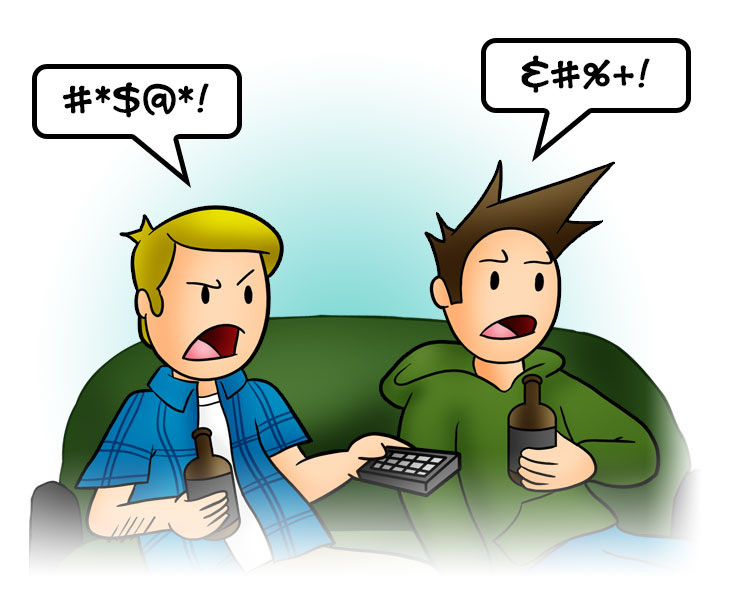 This is a word I once used as an insult for a really clueless person. According to the Oxford English Dictionary, what I used to say is American slang that appeared in the 20th Century. I thought of it as a particularly Southern insult.
This is a word I once used as an insult for a really clueless person. According to the Oxford English Dictionary, what I used to say is American slang that appeared in the 20th Century. I thought of it as a particularly Southern insult.
What remains mystifying to me is how differently the word has been used in England. There, “Nimrod” is a metaphor that refers to a hunter, after the great hunter from The Bible. That usage goes back as far as the 17th Century. The OED gives two American examples from the last hundred years, including one from a 1994 story in The Denver Post: “Towns such as Eagle, Glenwood Springs..and Gunnison throw out the welcome mat for this horde of nimrods.”
That one has me grinning, imagining a “horde of nimrods.” How, exactly, did the term for a hunter of renown become synonymous with idiocy? One conjecture, provided at Merriam Webster’s site, is that the original Nimrod not only hunted, but as a king he got associated with building the Tower of Babel. Thus, he helped in a colossally stupid act that ended badly.
That would require more research, but when I think of my 4:30 am climbs up a tree in freezing darkness every deer season, I suppose we have at least two plausible answers.
Decades after I stopped calling people who do stupid things”nimrods,” I cannot quite recall why I abandoned the word. I would like to think that I do not insult others so often. Perhaps I have been a nimrod often enough, myself.
Update 10/26/18: Writing Consultant Griffin Myers suggested that the conflation of hunter and idiot comes from Elmer Fudd. In several of the Bugs Bunny cartoons, Bugs or Daffy Duck refer to poor Elmer with “what a nimrod!”
 As much as I love that theory (and Warner Brothers cartoons) there’s no definitive evidence. There was, however, a lively debate on the topic in the message forums at Snopes.com. Have at it.
As much as I love that theory (and Warner Brothers cartoons) there’s no definitive evidence. There was, however, a lively debate on the topic in the message forums at Snopes.com. Have at it.
Special thanks to Cynthia Price, Director of Media and Public Relations at the University of Richmond, for nominating our word.
Please nominate a word or metaphor useful in academic writing by e-mailing me (jessid -at- richmond -dot- edu) or leaving a comment below.
See all of our Words of the Week here.
Image: Shotgun selfie from last deer season. What a Nimrod!








